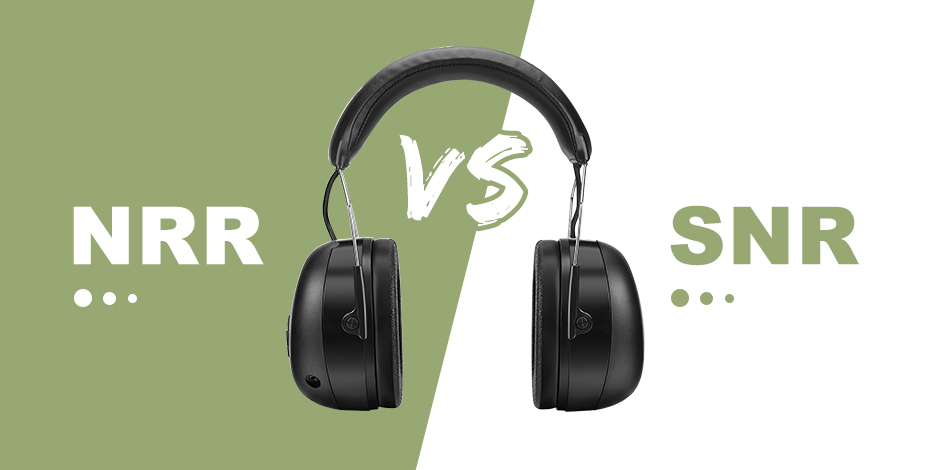Copyright Hangzhou ZH Tech Co.,LtdAll Rights Reserved. Powered by www.300.cn 浙ICP备19002797号-1
Thank you for your interest in ZH TECH,Our entire team appreciate it.
We are a professiaaaonal manufacturer and exporter of hearing protector in China in last 10 years and accept OEM.
Quick Links
About Us
Contact us
No. 6 Shunle Road, Yuhang Jingshan, Hangzhou
Email: sale@zh-safety.com
Phone +86 15888861058
FAQ
FAQ
What is difference between NRR and SNR?
This is the question most frequently asked when a distributor or end user is looking for technical information on hearing protectors.
The two most common of these attenuation ratings are NRR and SNR. Both are denoted by a number of decibels (dB).
In essence, the higher the number is, the more protection the product provides.
NRR:
NRR (noise reduction rating) is the noise reduction standard used in the United States.
Like the SNR, it’s intended to give the amount of noise reduction offered by hearing protection products in decibels.
Therefore, a pair of ear defenders with an NRR of 30 dB should reduce noise by 30 dB in ideal conditions.
The NRR as a clinical evaluation theoretically provides an estimate of the protection of a given device.
The reasons for rating each hearing protector involve OSHA and EPA requirements for product safety and reliability.
The rating enables the end user to assess the product 's attenuation abilities for noise in their own given work environment.
SNR:
The Single Number Rating, or SNR for short, is the European Union’s standard for showing the attenuation of hearing protection.
The SNR gives a rough estimate of the noise reduction offered by hearing protection products in decibels.
For example, an SNR of 20 corresponds to roughly a 20 decibel reduction in the noise that you hear.
The most obvious difference between SNR and NNR ratings is that SNR ratings tend to be a few decibels higher.
An exact formula for converting NNR to SNR doesn’t exist, but SNR ratings tend to be about 6 dB higher,
so a product with an NNR of 30 will have an SNR of about 36.








